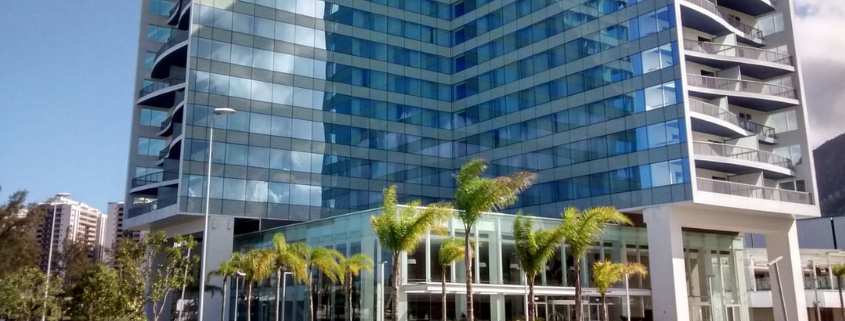Q: My new condominium will soon be turning over from the developer. I am a unit owner and have been selected to serve on the transition committee, which has been primarily tasked with determining whether the developer has any obligation to make building repairs, etc. What are some things the transition committee should be thinking about as the turnover date approaches in a few weeks? K.M.
A: Transition or turnover of your condominium association is a big step in the life of any association. Fortunately, there are statutes that generally control the process. I say generally because every condominium turnover may have specific facts that require some modifications.
What is transition? Transition is when control of the Association’s board of directors changes from developer control to the control of the non-developer members. Not every association has a transition committee, but many do. The roles the transition committee plays will depend a lot on the community itself. The most common primary task for transition committees will be an inspection of the physical improvements including the condominium building(s), roadways, clubhouse, and other amenities. It is important for a transition committee to understand that although a condominium building and its improvements have received a certificate of occupancy, it does not necessarily guarantee that the developer has built the condominium in compliance with the Florida Building Code or that the condominium is free from construction defects. The depth of the transition committee’s investigation may also be hampered by the lack of funds with which to retain outside consultants to inspect the improvements.
Sometimes the inspection reveals problems which are so significant that some transition committees want to try and block turnover because they are worried about being stuck with defective construction conditions. Unfortunately, the law does not allow that. The law requires the developer to turn the association over at a specified timeframe and requires acceptance by the unit owners.
Florida Statutes provide protection to the unit owners and the newly turned over Association. Most importantly, Florida law tolls the statutes of limitation that a condominium association is subject to until the date of transition. This means that developers cannot simply run out the clock on an association’s construction defect claim.
The developer is required to deliver to the Association at the time of turnover (or within 90 days for certain items) a laundry list of items as set forth in the statute. These items include but are not limited to all property of the unit owners, the governing documents, meeting minute books, financial records of the association, audit of the financial records, plans and specifications utilized in construction, list of contractors, subcontractors, and suppliers utilized in the construction, certificates of occupancy, unit owner roster, leases and contracts entered into by the Association, and a report under seal of an architect or engineer attesting to required maintenance, useful life, and replacement costs of the certain common elements.
Most associations usually receive some portion of the required documents but not all of them. The important documents in the context of potential common element construction defects are the plans and specifications, list of contractors, certificates of occupancy, and the report from the developer’s design professional about the useful life of the building components. These documents will be key in the investigation of any construction defects by the Association’s own consultant and in evaluating those claims by the Association’s counsel.
The Association has rights under Section 718.203, Florida Statutes as it pertains to the general contractor and subcontractors who are responsible for construction of the condominium. These statutory warranties generally run three years from completion of the work although the defects may manifest themselves at a later date. There are also claims for negligence and breach of building code which are applicable to the contractors as well as the design professionals. If the Association wishes to pursue its claims against the contractors or design professionals involved, then it must do so within four years of turnover of the Association for all defects that the Association knew about or should have known about the defects. Accordingly, the statute of limitations for any claims against any party involved in the design or construction of the condominium would expire four years from the date of turnover.
In addition, prior to pursuing any of the parties in litigation the Association must go through the Chapter 558 Notice process. Chapter 558, otherwise known as Florida’s Construction Defect Statute, requires the association to send notice of its construction defect claim to the responsible developers, contactors, subcontractors, and design professionals before initiating litigation.
The Association will need to retain a consultant experienced in working for condominium associations at turnover. This consultant should take the list of issues identified by the transition committee and then the Board and review those as part of its evaluation. They will also ask for the list of construction related documents from turnover.
The Association will also need to retain competent counsel qualified to handle construction defect claims. There are many lawyers out there, but not all have obtained Board Certification by the Florida Bar. Therefore, confirming whether the lawyer is board certified in construction law is a way to ensure you are retaining a specialist in this area of the law.
Originally posted on floridacondohoalawblog.com Written by David G. Muller of Becker & Poliakoff, P.A.,

